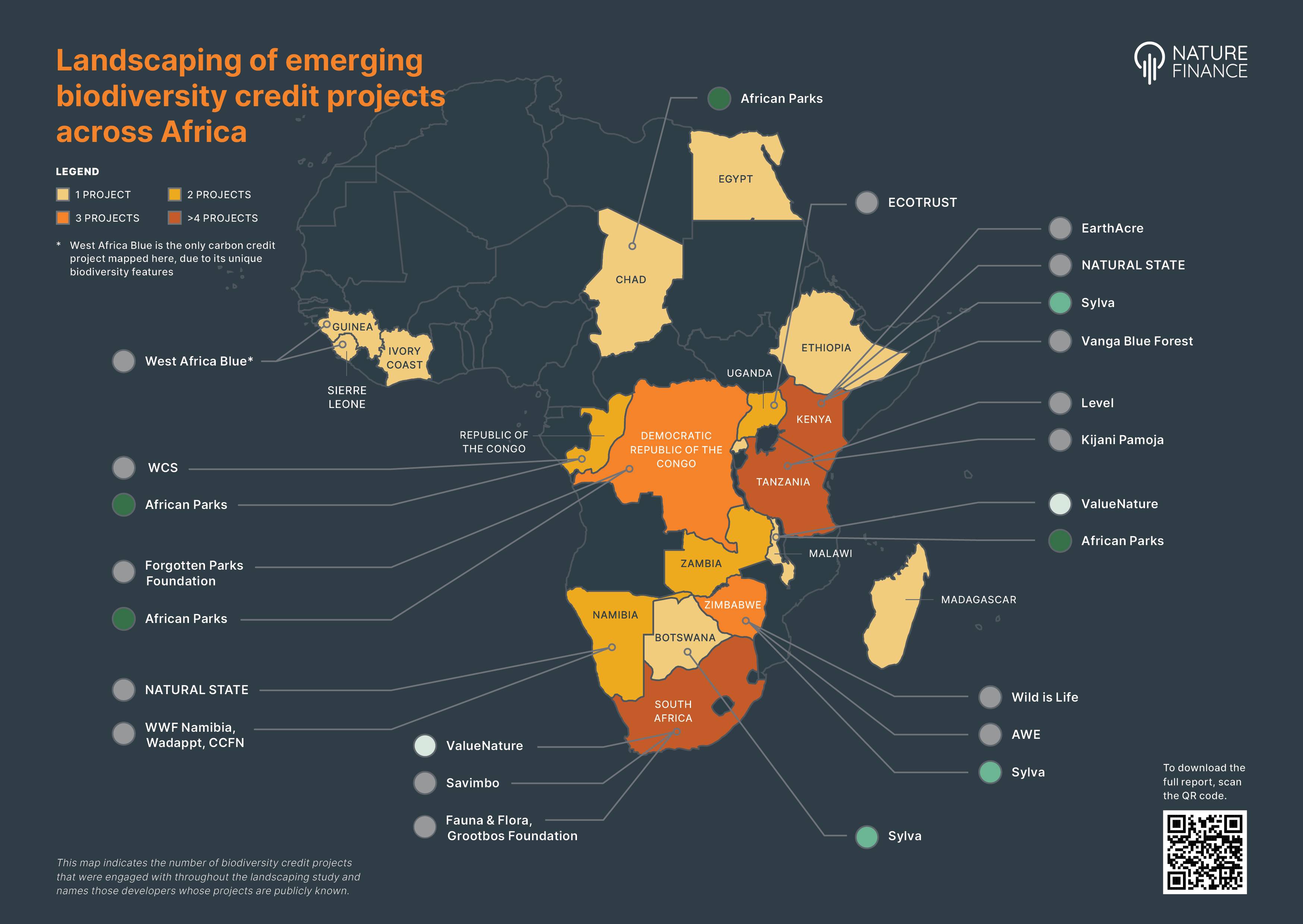As 2025 unfolds, Africa finds itself at a pivotal crossroads. The continent is navigating a complex landscape of economic volatility, political transitions, and structural challenges. Yet beneath these surface-level disruptions lies a deeper narrative of resilience and opportunity. Investors are increasingly turning their attention to Africa — not just for its abundant resources, but for its potential to shape the future of global growth. This blog explores the key investment trends defining Africa’s economic landscape in 2025.
Debt Restructuring and Macroeconomic Realignment
Africa’s debt burden has reached unprecedented levels, with over 20 countries either in or at risk of debt distress. Inflationary pressures, currency devaluations, and global uncertainty have intensified the urgency for debt restructuring. While this creates short-term volatility, it also lays the foundation for long-term opportunities. Countries implementing fiscal reforms and securing international support are building more sustainable economic models. For investors, this is a window to engage with economies on the path to recovery and transformation.

The Green Leap Forward
Africa’s contribution to the global green energy transition is becoming increasingly significant. The continent is rich in critical minerals like lithium, cobalt, and copper — key components for electric vehicles, solar panels, and batteries. In 2025, investment in renewable energy infrastructure is accelerating, with solar, wind, and hydropower projects gaining momentum. This is not just about environmental sustainability, but also about energy independence and economic diversification.
Tech-Driven Innovation
Africa’s technology ecosystem is thriving, driven by a young, digitally connected population. Startups in fintech, healthtech, and edtech are tackling systemic challenges with scalable, impactful solutions. In 2025, investors are especially drawn to ventures that blend profitability with social impact. Mobile money platforms, digital lending, and blockchain applications are expanding financial inclusion, making tech a key enabler of inclusive growth.
Consumer Markets and E-Commerce
Rapid urbanization and a growing middle class are reshaping Africa’s consumer market. Demand for retail, e-commerce, and fast-moving consumer goods is surging, especially in urban centers where digital infrastructure is improving. Businesses that can navigate logistical complexities while catering to local preferences are gaining a competitive edge. The consumer market now represents a crucial investment frontier, both in traditional and digital retail.
Regional Integration and Geopolitical Influence
The African Continental Free Trade Area (AfCFTA) is driving regional integration, reducing trade barriers, and boosting intra-African commerce. Meanwhile, Africa’s growing presence in forums like the G20 enhances its influence on global policy. In 2025, strategic partnerships and regional agreements are reshaping the investment environment, creating new pathways for stability, connectivity, and shared prosperity.
Africa’s investment landscape in 2025 is a dynamic mix of risks and opportunities. From debt restructuring and green energy to tech innovation and regional integration, the continent is moving toward sustainable, inclusive growth. For investors who are willing to embrace its complexities, Africa offers a compelling frontier for long-term partnerships and progress.
2 Comments
Kwame Okoro
The analysis of Africa’s green energy potential is spot on. Exciting to see investors recognizing the continent’s role in the global transition.
ReplyFatima Diallo
This is a great summary of both the challenges and the opportunities. The rise of tech and regional trade is especially encouraging.
ReplyLeave a Comment